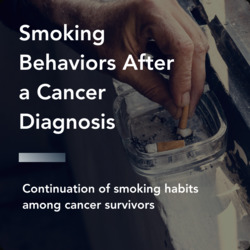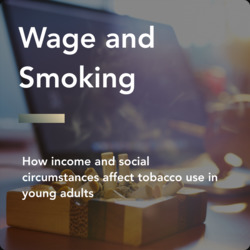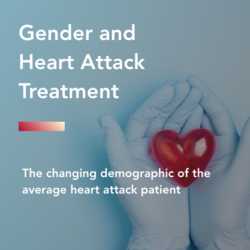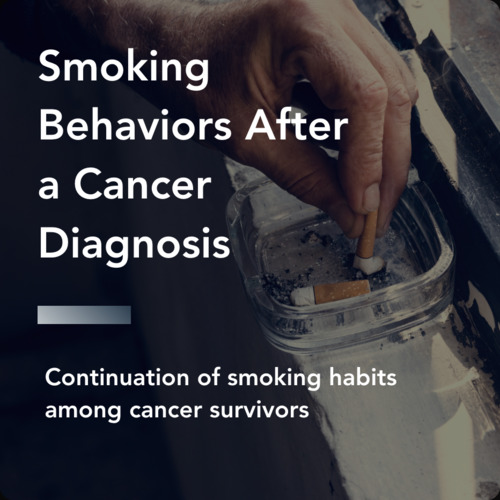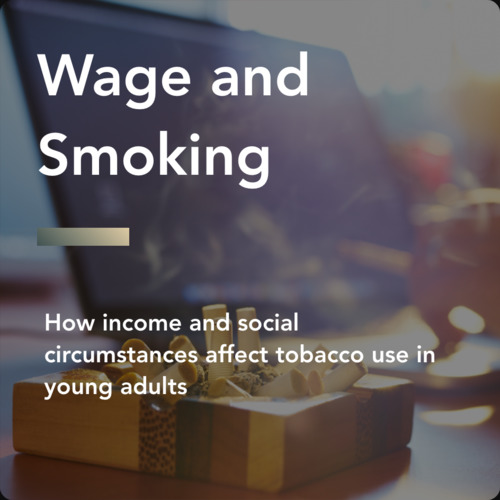Quitting Smoking & Heart Disease

You may have heard that smoking can cause lung cancer.
Fewer people know about the link between smoking and heart disease.
Smokers can have over twice the risk of heart disease compared to non-smokers.
Fortunately, quitting smoking leads to a dramatically lower risk of heart disease almost immediately.
Reduction of Heart Disease Risk with Smoking Cessation

Figure 2: Reduction of Heart Disease Risk with Smoking Cessation. Quitting smoking cuts your risk of heart disease by around 40% within 5 years.
A new paper followed nearly 9000 patients over 25 years in the Framingham Heart Study, which is one of the most comprehensive studies of heart disease and lifestyle.
They found that those who quit smoking have a 40% lower risk of heart disease.
Source: Association of Smoking Cessation With Subsequent Risk of Cardiovascular Disease
Quitting smoking reduces heart disease risk almost immediately

Figure 3: Statistics on Smoking Cessation & Heart Disease. Quitting smoking leads to a rapid decline in heart disease risk
Researchers use statistical modeling to see how this risk varies over time. The risk declines dramatically over the first five years and continues to decrease through 25 years.
By around 10 years after you quit smoking, researchers estimate that your risk of heart disease will be around half of that of a heavy smoker.
Source: Association of Smoking Cessation With Subsequent Risk of Cardiovascular Disease
Heart Disease Risk in Former Smoker vs Never Smokers

Figure 4: Heart Disease Risk in Former Smoker vs Never Smokers. Most of the excess risk of heart disease from smoking is gone by year 5. The heart disease risk of a former smoker is statistically indistinguishable from a never-smoker by years 10-15.
As expected, those who quit smoking still have some residual excess risk of heart disease. However, this residual risk declines rapidly. By years 10-15, researchers estimated that there was no remaining statistically significant residual risk of smoking.
Source: Association of Smoking Cessation With Subsequent Risk of Cardiovascular Disease
Why Smoking Matters

Figure 5: Smoker Death Statistics in the United States. Smoking causes more deaths than HIV, car accidents, drug overdoses, and alcohol combined.
Smoking is one of the leading causes of death in the United States. Researchers estimate that it is responsible for nearly 500,000 deaths per year.
According to the CDC, smoking is responsible for more deaths than HIV, car accidents, drug overdoses, and alcohol combined.
These deaths often come in the form of heart disease and cancer.
Quitting Smoking

Figure 6: Recommendations on Quitting Smoking. Find friends and family who can help you on your smoking cessation journey. Talk to your doctor about whether medication is right for you.
If you are a current smoker, consider quitting. This is probably the best thing that you can do for your health.
But, you shouldn’t do it alone. Finding friends, support groups, and family members to help you on your journey can increase your odds of success.
There are also some medications that are effective in helping people quit smoking.
Talk to your doctor about how you can quit smoking and get started on this journey. Your future self will be grateful.







